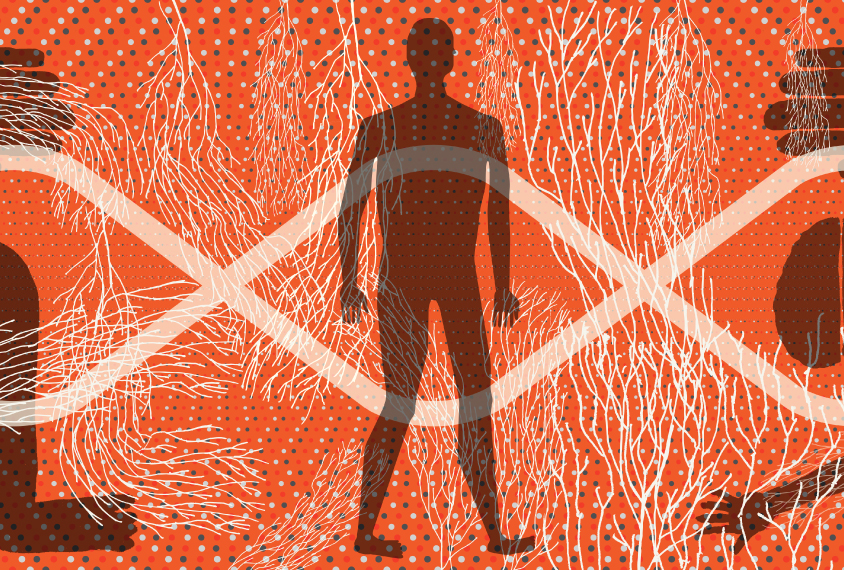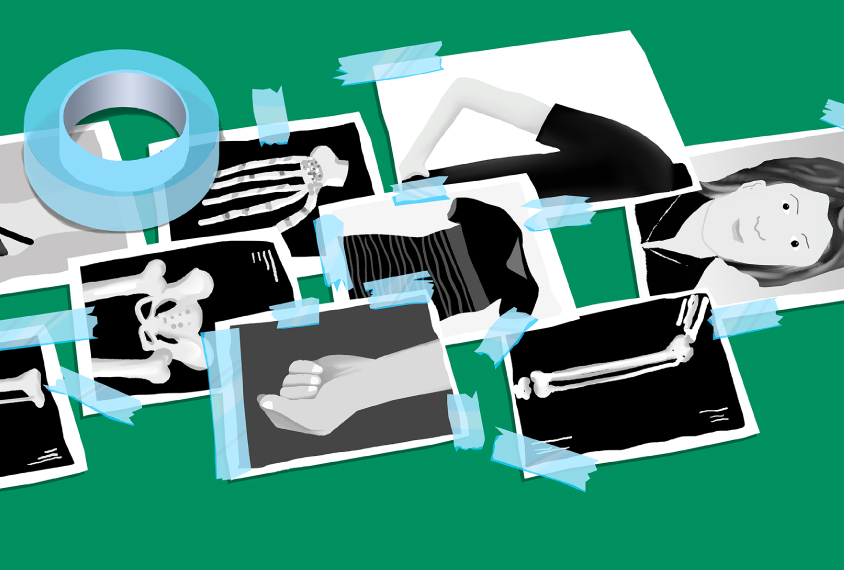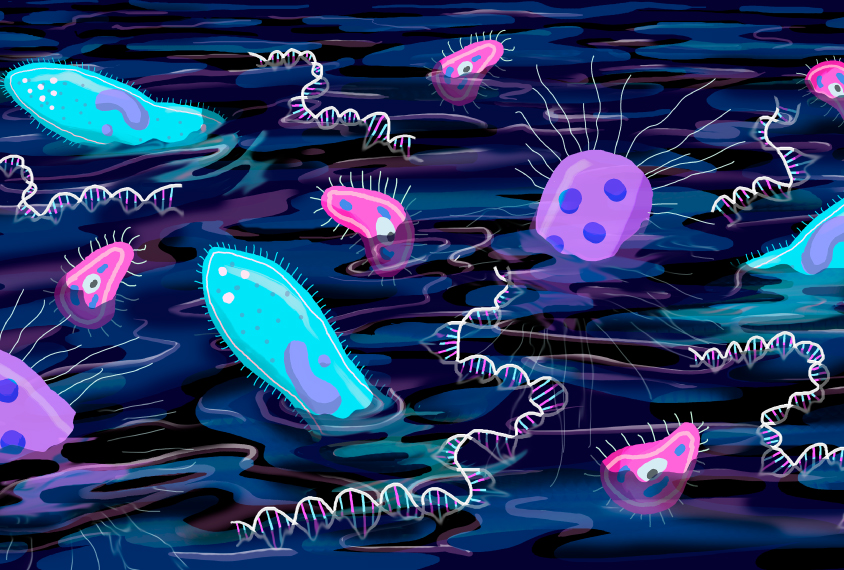Emily Casanova is research assistant professor of biomedical sciences at the University of South Carolina School of Medicine Greenville.

Emily Casanova
Research assistant professor
University of South Carolina
From this contributor
How the autonomic nervous system may govern anxiety in autism
The branch of the nervous system that regulates subconscious bodily processes such as breathing and digestion may play a key role in autism.

How the autonomic nervous system may govern anxiety in autism
What Ehlers-Danlos syndrome can teach us about autism
Not much is known about the connection between autism and Ehlers-Danlos syndrome, a condition that affects collagen. But preliminary work provides tantalizing clues.

What Ehlers-Danlos syndrome can teach us about autism
Evolution of autism genes hints at their fundamental roles in body
Genes associated with autism are ancient, and mutations in them have wide-ranging effects on the body, indicating their importance.

Evolution of autism genes hints at their fundamental roles in body
Explore more from The Transmitter
Lack of reviewers threatens robustness of neuroscience literature
Simple math suggests that small groups of scientists can significantly bias peer review.

Lack of reviewers threatens robustness of neuroscience literature
Simple math suggests that small groups of scientists can significantly bias peer review.
Dendrites help neuroscientists see the forest for the trees
Dendritic arbors provide just the right scale to study how individual neurons reciprocally interact with their broader circuitry—and are our best bet to bridge cellular and systems neuroscience.

Dendrites help neuroscientists see the forest for the trees
Dendritic arbors provide just the right scale to study how individual neurons reciprocally interact with their broader circuitry—and are our best bet to bridge cellular and systems neuroscience.
Two primate centers drop ‘primate’ from their name
The Washington and Tulane National Biomedical Research Centers—formerly called National Primate Research Centers—say they made the change to better reflect the breadth of research performed at the centers.

Two primate centers drop ‘primate’ from their name
The Washington and Tulane National Biomedical Research Centers—formerly called National Primate Research Centers—say they made the change to better reflect the breadth of research performed at the centers.